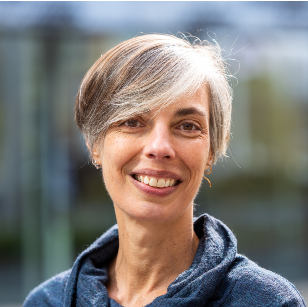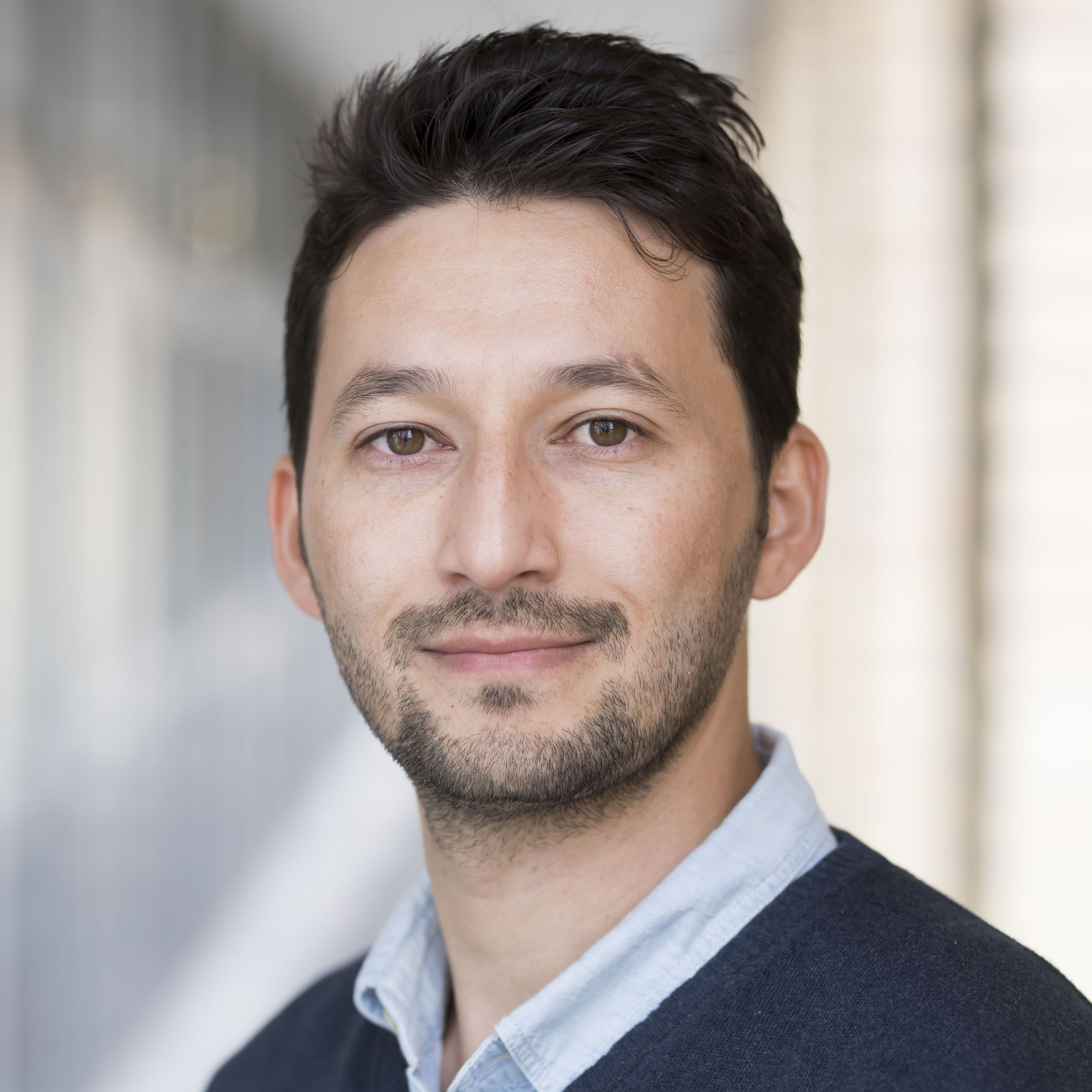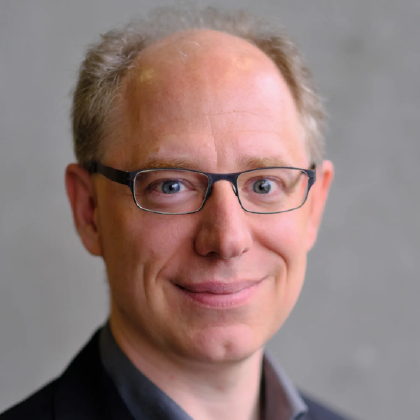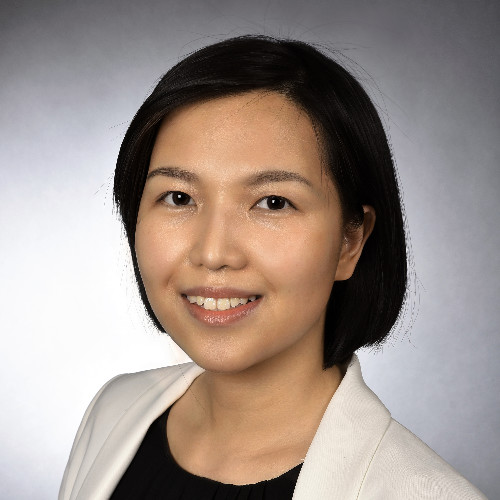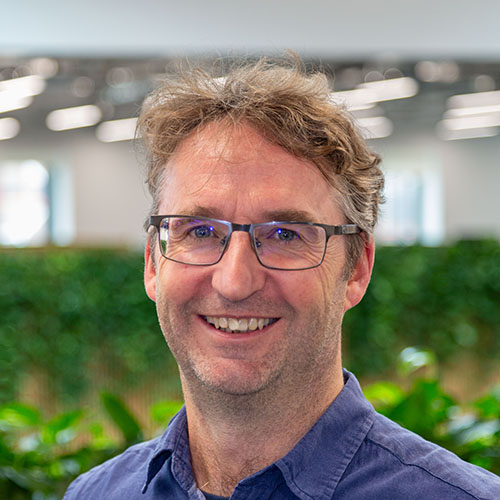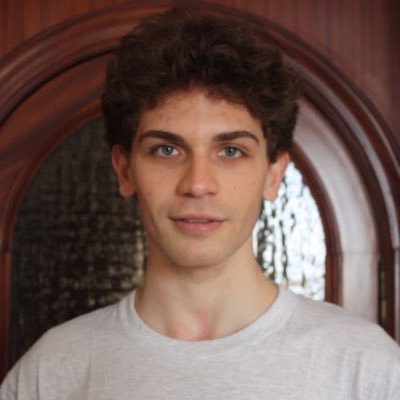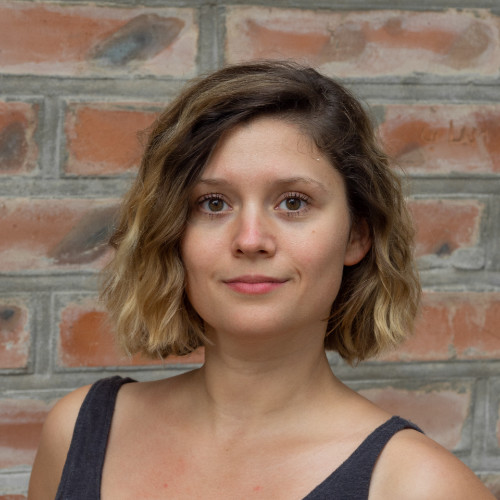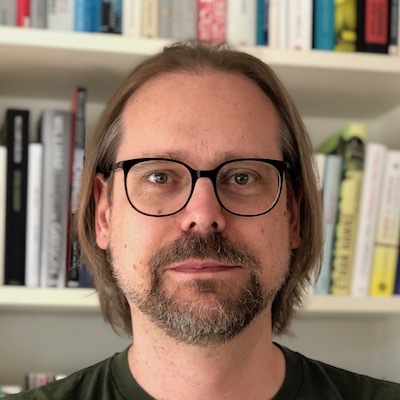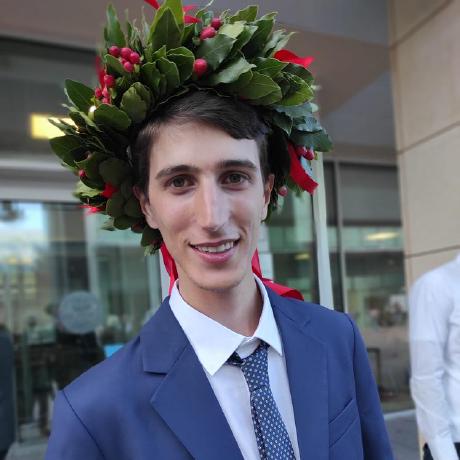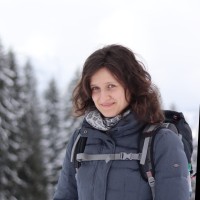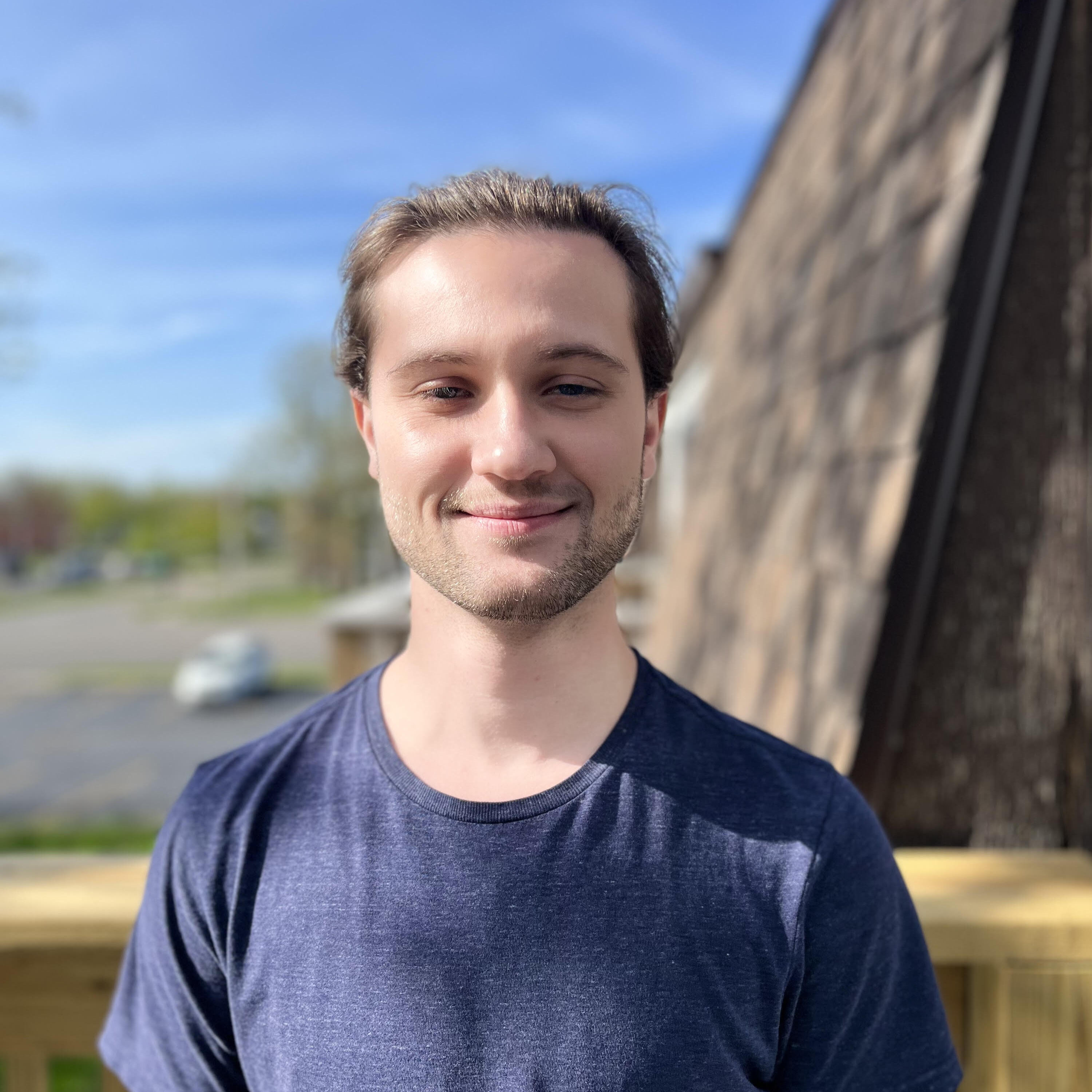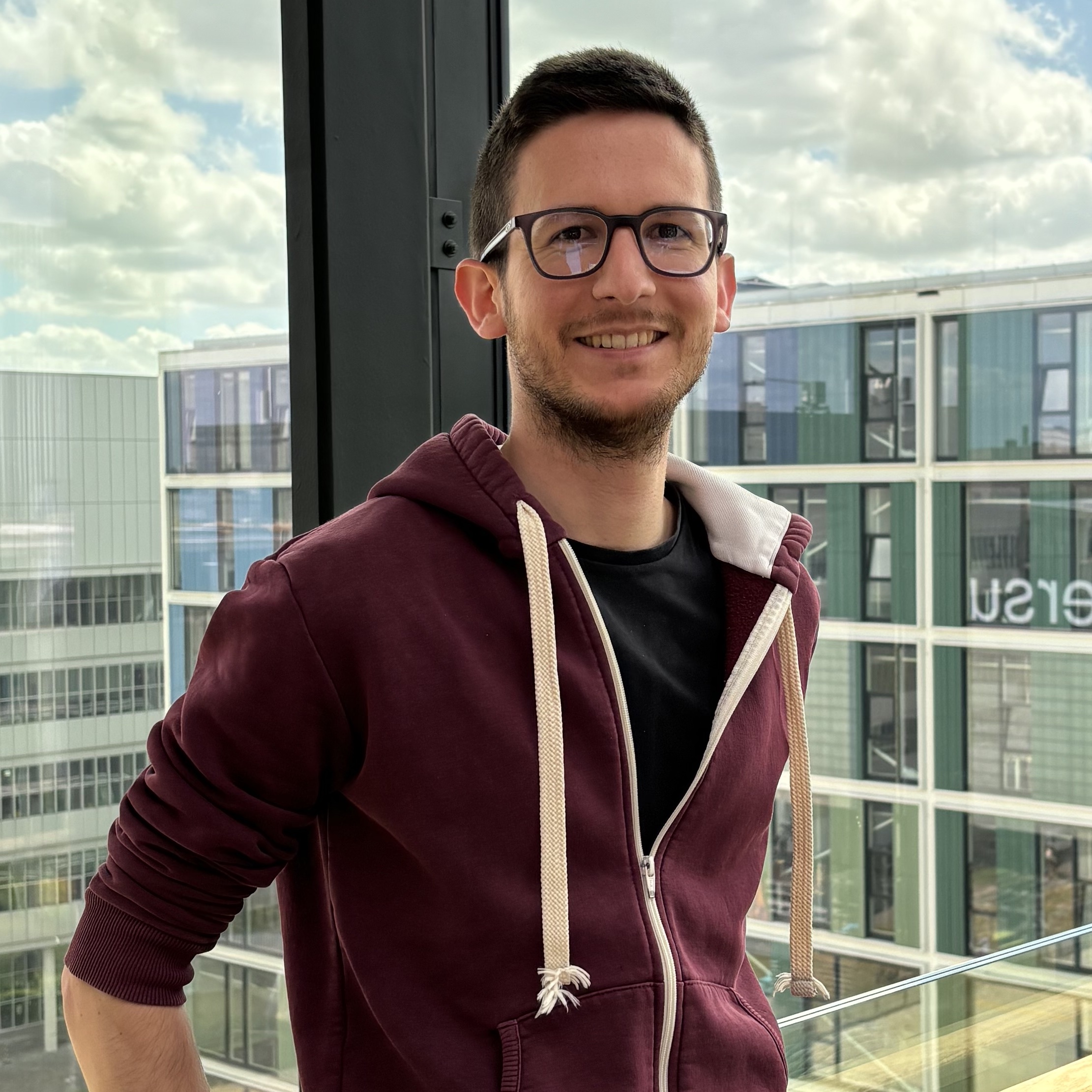Latest News
A Playschool for LLMs
The LM Playschool Workshop aims to bring together researchers interested in language learning from social interaction in conversational, collaborative, task-oriented, multi-turn environments. Relevant research strands include: (1) language games as a means of evaluating large language models and their ability to use language in interaction; (2) connections between human language acquisition and machine language learning, with a particular focus on the role of social interaction in data-efficient learning; (3) game-based and interactive environments for training large language models.
Shared Task
The workshop will host a shared task, the LM Playschool Challenge. The shared task focuses on training collaborative, task-oriented language agents through language interaction data. Participants will start from a base large language model in the 8B parameter range and will have to adhere to a strict 100 million token post-training budget. Submitted systems will be evaluated for their ability to generalise to unseen “dialogue games”, i.e., goal-oriented tasks governed by multi-turn language interaction, as well as on traditional single-turn NLP benchmarks and cognitive tests. More details here.
Contacts
Join the mailing list to get updated regarding the workshop and shared task, here.

